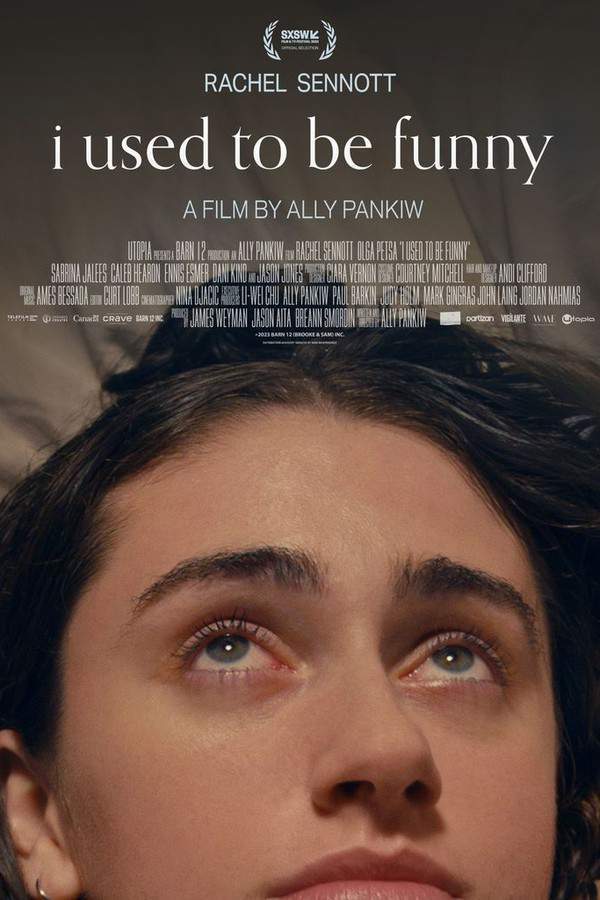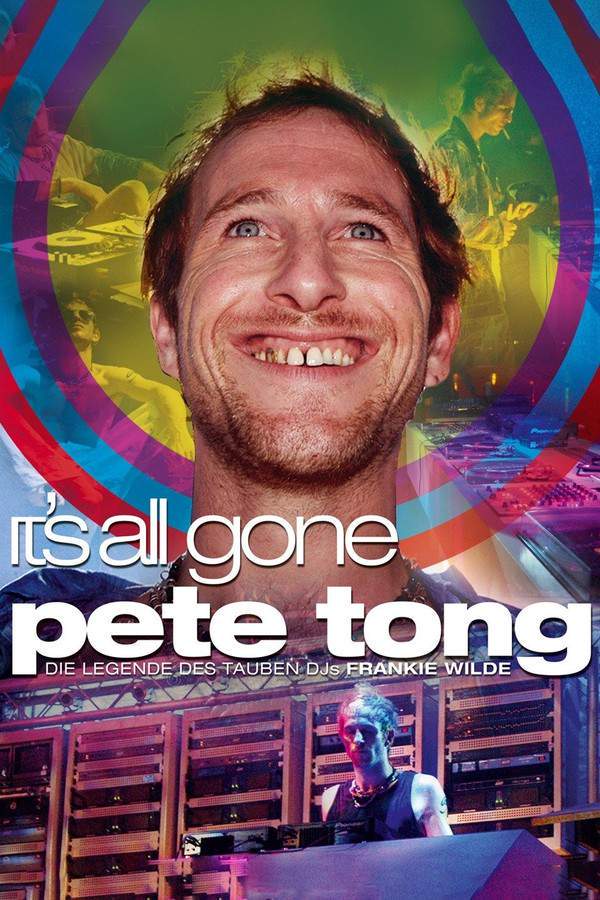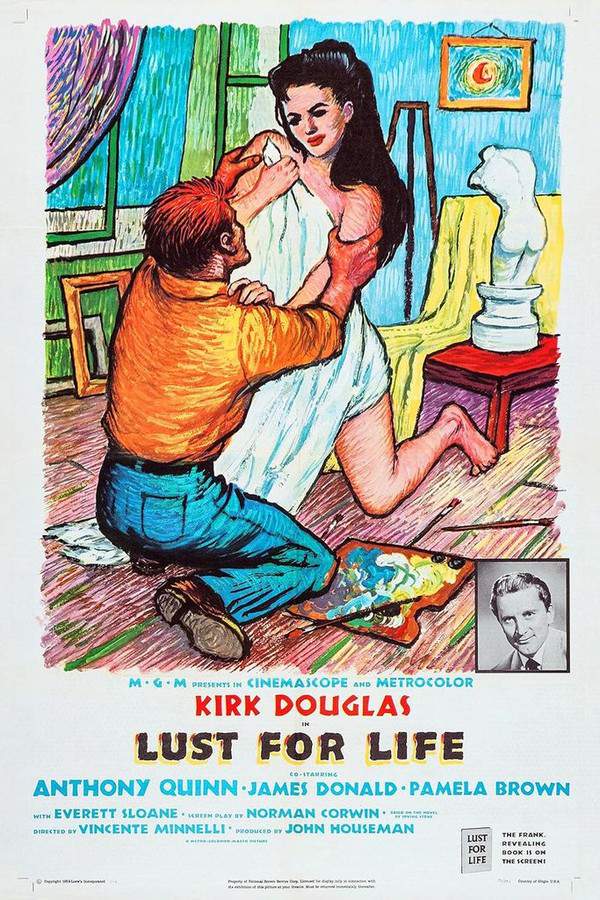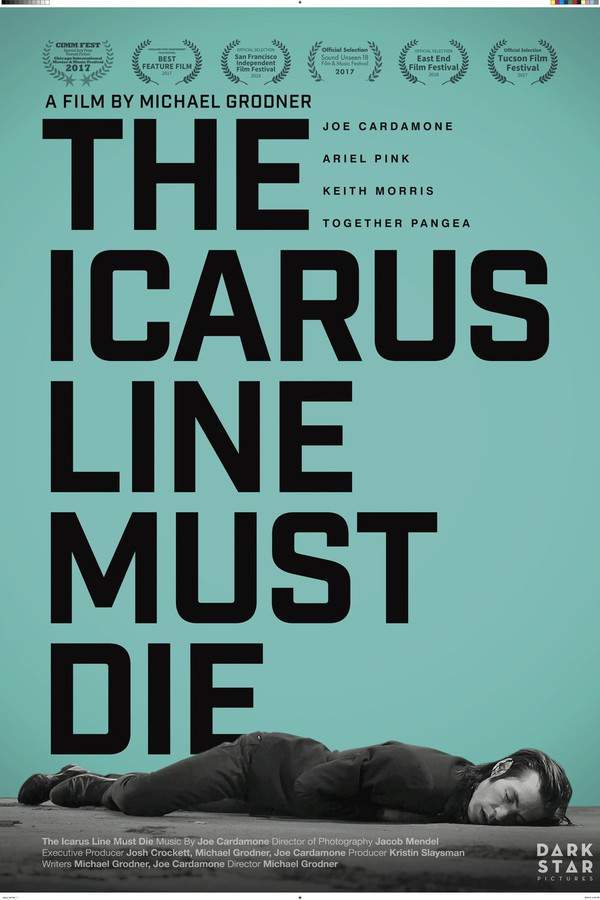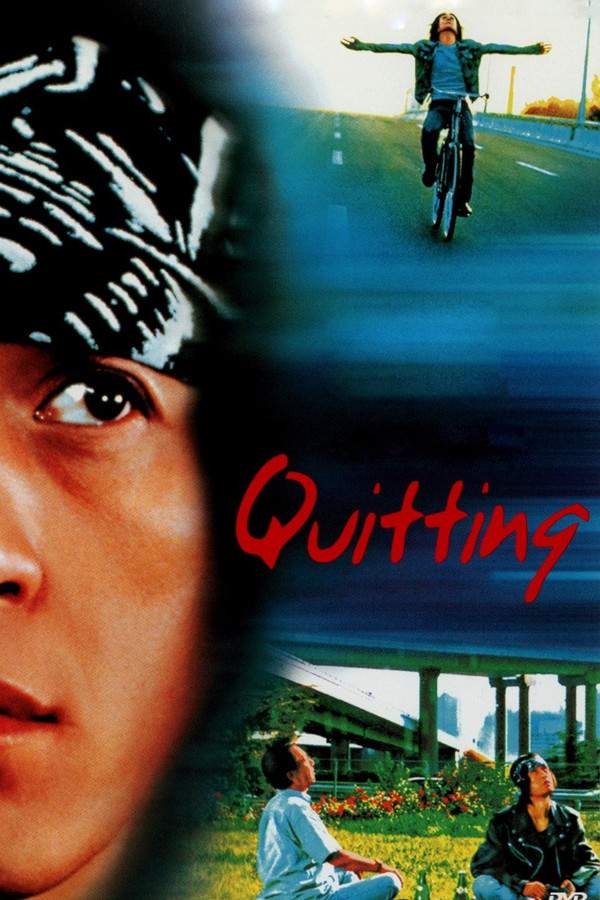
Quitting
Year: 2002
Runtime: 112 min
Language: Chinese
In 1980s China, Jia Hongsheng became a popular action star known as the "thug idol," appearing in numerous B-movies as a tough hero or gangster. As the artistic landscape shifted in the early 1990s, Jia struggled with personal conflicts and a sense of internal turmoil. This led to a difficult period, ultimately resulting in his placement in a mental institution. The film explores Jia’s emotional journey as he seeks to rediscover his identity and mend his relationship with his family against a backdrop of significant cultural change in China.
Warning: spoilers below!
Haven’t seen Quitting yet? This summary contains major spoilers. Bookmark the page, watch the movie, and come back for the full breakdown. If you're ready, scroll on and relive the story!
Timeline – Quitting (2002)
Trace every key event in Quitting (2002) with our detailed, chronological timeline. Perfect for unpacking nonlinear stories, spotting hidden connections, and understanding how each scene builds toward the film’s climax. Whether you're revisiting or decoding for the first time, this timeline gives you the full picture.
Last Updated: November 08, 2024 at 02:43
Explore Movie Threads
Discover curated groups of movies connected by mood, themes, and story style. Browse collections built around emotion, atmosphere, and narrative focus to easily find films that match what you feel like watching right now.
Hopeful recovery stories like Quitting
Stories of individuals finding light after hitting rock bottom.Explore movies like Quitting that follow a difficult personal crisis but lead to a hopeful and redemptive conclusion. These films often tackle heavy themes like addiction or mental health, yet maintain a steady, character-driven pace focused on recovery and reconciliation, offering an emotionally resonant but ultimately uplifting experience.
Narrative Summary
Narratives in this thread typically follow a linear decline into a personal crisis, followed by a steady, often challenging, ascent towards recovery. The central conflict is internal, revolving around identity and healing, and is resolved through perseverance and often the support of family or community.
Why These Movies?
Movies are grouped here because they share a specific emotional mix: they acknowledge deep pain and struggle but are fundamentally defined by a hopeful, forward-moving energy. They balance medium emotional weight with a steady pacing and a tone that leans toward redemption, making the difficult journey worthwhile.
Movies about artistic struggle like Quitting
Portraits of artists grappling with fame, identity, and their craft.If you liked Quitting's exploration of an actor's internal conflict with fame and identity, you'll find similar stories here. These films delve into the psychological toll of artistic life, often set against a backdrop of cultural change, and feature contemplative, character-driven narratives about finding one's true self.
Narrative Summary
These stories often depict a successful artist confronting a crisis of meaning, leading to a period of self-destruction or withdrawal. The narrative follows their contemplative journey to rebuild their identity, not just as an artist but as a person, frequently exploring themes of authenticity and generational change.
Why These Movies?
These films are connected by their deep dive into the psychology of the artist. They share a mood that is introspective, melancholic, and dramatic, with a steady pacing that allows for character study. The central theme is the struggle to maintain an authentic self in the face of external pressures and internal strife.
Unlock the Full Story of Quitting
Don't stop at just watching — explore Quitting in full detail. From the complete plot summary and scene-by-scene timeline to character breakdowns, thematic analysis, and a deep dive into the ending — every page helps you truly understand what Quitting is all about. Plus, discover what's next after the movie.
Quitting Summary
Read a complete plot summary of Quitting, including all key story points, character arcs, and turning points. This in-depth recap is ideal for understanding the narrative structure or reviewing what happened in the movie.

Characters, Settings & Themes in Quitting
Discover the characters, locations, and core themes that shape Quitting. Get insights into symbolic elements, setting significance, and deeper narrative meaning — ideal for thematic analysis and movie breakdowns.

Quitting Spoiler-Free Summary
Get a quick, spoiler-free overview of Quitting that covers the main plot points and key details without revealing any major twists or spoilers. Perfect for those who want to know what to expect before diving in.

More About Quitting
Visit What's After the Movie to explore more about Quitting: box office results, cast and crew info, production details, post-credit scenes, and external links — all in one place for movie fans and researchers.








